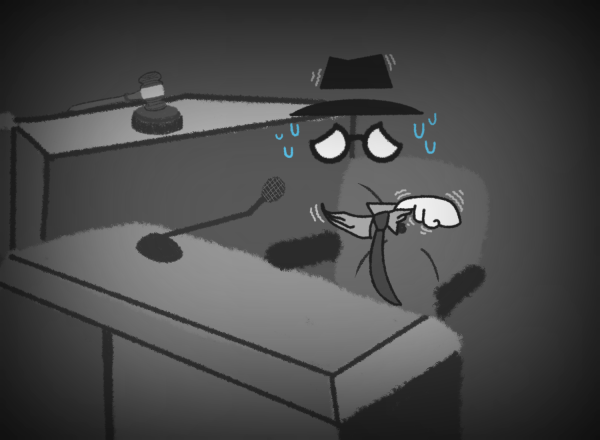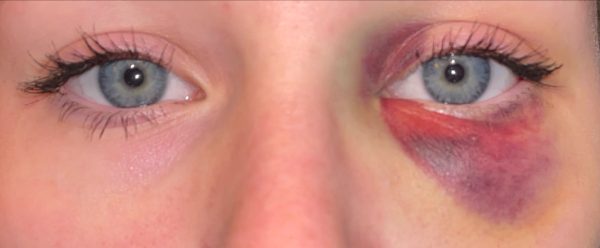Daylight savings time may become permanent
Multiple states have passed legislation to implement permanent daylight savings if approved by congress
Daylight savings might just be gone forever.
On March 15, 2022, the Sunshine Protection Program Act was passed in the U.S. Senate. This bill aims to implement Daylight Saving time year round starting Nov. 5, 2023, if Congress accepts it.
As of March 3, 2023, however, the bill has not been passed. It’s pending in the House of Representatives, due to it’s high controversy. The time change has been in place for most everyone’s lifetime, and many are reluctant to accept such a drastic change, even if it could possibly be for the better.
Several sleep experts and doctors, such as Dr. Karin Johnson, Professor of Neurology at University of Massachussets, claim that getting rid of daylight savings would be a good thing; there seems to be a trend of increased heart attack risk and car accidents the week Daylight Saving begins. The loss of an hour of sleep has a seemingly notable effect.
Daylight Saving time started in 1918. Per the National Sleep Foundation, “It was created primarily to reduce energy consumption and promote commerce.” Its main purpose was to save energy during the war, but seeing as that is no longer a war concern, its purpose is now obsolete.
There has been discussion surrounding this bill since 2015, but it wasn’t until 2018 that Florida passed a bill to permanently enact Daylight Savings, following federal approval. After that, 18 other states followed Florida’s example and passed similar bills, Colorado being one of them. Gov. Jared Polis signed House Bill 1297 — the Daylight Saving Year Round bill — in Spring 2022. Once congress passes the bill, Colorado will permanently implement daylight savings time.
Those against the Sunshine Protection Program Act raise concerns with sleep schedules and day-to-day life if daylight savings time was implemented year round. According to sleep experts, this act could have a negative effect on our internal clock.
“Standard time is a better option than daylight saving time for our health, mood, and well-being,” said AASM President Dr. Raman Malhotra. “By aligning our clock time more closely with the timing of the sun, standard time helps synchronize our bodies with our natural environment, which is optimal for our daytime functioning and nighttime sleep.”
Despite some drawbacks, the bill clearly has some merit, seeing as some states are aiming to implement daylight savings time permanently. As of now, it is in the hands of Congress.
round starting Nov. 5, 2023 if congress accepts it.
As of March 3, 2023, however, the bill has still not been passed. It’s pending in the House of Representatives, a primary reason being how controversial it is. The time change has been in place for most everyone’s lifetime, and many are reluctant to accept such a drastic change, even if it could possibly be for the better.
Several sleep experts and doctors, such as Dr. Karin Johnson, claim that getting rid of daylight savings would be a good thing; there seems to be a trend of increased heart attack risk and car accidents the week daylight savings begins. The loss of an hour of sleep has a seemingly notable effect.
Daylight savings time started in 1918. Per the National Sleep Foundation, “It was created primarily to reduce energy consumption and promote commerce.” Its main purpose was to save energy during the war, but seeing as that is no longer a war concern, its purpose is now obsolete.
There has been discussion surrounding this bill since 2015, but it wasn’t until 2018 that Florida passed a bill to permanently enact daylight savings, following federal approval. After that, 18 other states followed Florida’s example and passed similar bills, Colorado being one of them. Gov. Jared Polis signed House Bill 1297 — the Daylight Saving Year Round bill — in Spring 2022. Once congress passes the bill, Colorado will permanently implement daylight savings.
Those against the Sunshine Protection Program Act raise concerns with sleep schedules and day-to-day life if daylight savings time was implemented year round. According to sleep experts, this act could have a negative effect on our internal clock.
“Standard time is a better option than daylight saving time for our health, mood, and well-being,” said AASM President Dr. Raman Malhotra. “By aligning our clock time more closely with the timing of the sun, standard time helps synchronize our bodies with our natural environment, which is optimal for our daytime functioning and nighttime sleep.”
Despite some drawbacks, the bill clearly has some merit, seeing as some states are aiming to implement daylight savings time permanently. As of now, it’s in the hands of congress.
Your donation will support the student journalists of Mead High School. Your contribution will allow us to purchase equipment and cover our annual website hosting costs.

Noel Major is a sophomore. She enjoys Harry Styles, sleeping and music. She is involved in photography. She is looking forward to writing poems and humorous articles this year.
















